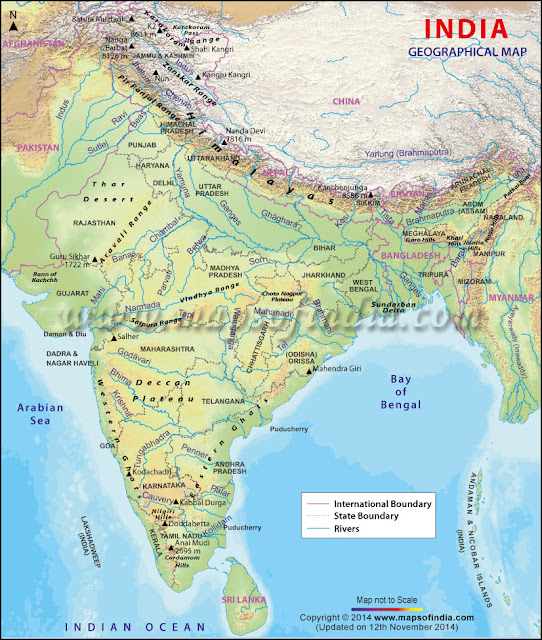Summary of the Government of India (Allocation of Business) Rules, 1961 and the Government of India (Transaction of Business) Rules, 1961
🌺Summary of the Government of India (Allocation of Business) Rules, 1961 and the Government of India (Transaction of Business) Rules, 1961🌺
📝Article 77 of the Indian Constitution deals with the Conduct of business of the Government of India.
📝Article 77 of the Indian Constitution states that:
(1) All executive action of the Government of India shall be expressed to be taken in the name of the President.
(2) Orders and other instruments made and executed in the name of the President shall be authenticated in such manner as may be specified in rules to be made by the President, and the validity of an order or instrument which is so authenticated shall nor be called in question on the ground that it is not an order or instrument made or executed by the President.
(3) The President shall make rules for the more convenient transaction of the business of the Government of India, and for the allocation among Ministers of the said business.
📝The Government of India (Allocation of Business) Rules, 1961 and the Government of India (Transaction of Business) Rules, 1961 have been framed under Article 77(3) of the Constitution of India.
📝The business of the Government of India is disposed of at various levels within the Ministries/Departments in terms of the Government of India (Allocation of Business) Rules, 1961 by, or under the general or special directions of the Minister-in-charge.
📝However, the Government of India (Transaction of Business) Rules, 1961, stipulate that such disposal of business is subject to the provisions relating to consultation with other Ministries/Departments, approval of the Prime Minister, the Cabinet and its Committees and the President.
📝Accordingly, while a significant portion of the Government business gets disposed of at the departmental level, certain cases, or class of cases that are important from the national perspective, require approval of the Cabinet or one of the Cabinet Committees.

Comments
Post a Comment